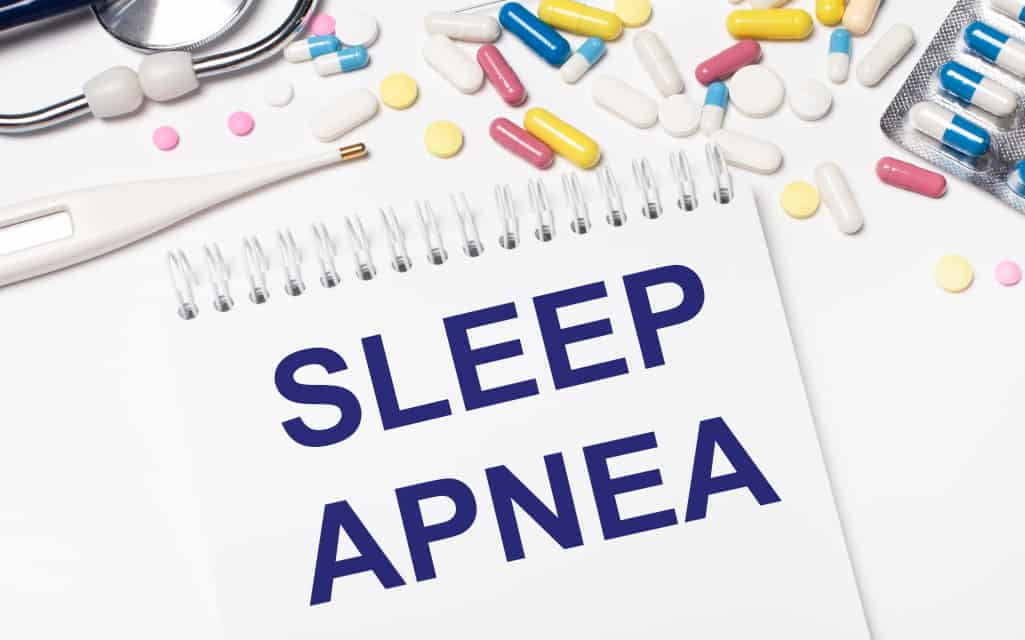If you have difficulty sleeping, or you find yourself chronically tired, you may want to visit your doctor to see if you have sleep apnea. Sleep apnea is a condition in which breathing stops and starts frequently during sleep. It is potentially serious and can cause a variety of unwanted symptoms that often interfere with daily life. If you do have sleep apnea, you may find that you sleep much better with a total face CPAP mask or other sleep aid.
What Causes Sleep Apnea?
There are three different types of sleep apnea, and the type is based on the cause. Obstructive sleep apnea is the most common type. It is caused by the relaxing of the muscles at the back of the throat. When they relax, there is a narrowing of the airway. This causes a decrease of oxygen, which signals the brain to wake you up so the airway reopens. Oftentimes, this rousing is so brief that you are not even aware of it. This type of sleep apnea can be managed by using a hybrid sleep apnea mask.
Central sleep apnea is not as common. It happens when the brain does not signal the breathing muscles to function. This results in a short period of time when you are not breathing at all.
Complex sleep apnea syndrome is a combination of both obstructive and central sleep apnea.
There are certain risk factors that increase the chances of having sleep apnea. These include:
• Males
• Obesity
• Bigger neck circumference
• Smoking
• Alcohol or sedative use
• Heart conditions
• Nasal congestion
Symptoms of Sleep Apnea
Both obstructive and central sleep apneas have similar symptoms. Some of the common signs of sleep apnea include:
• Headache upon waking in the morning
• Loud snoring
• Dry mouth in the morning
• Insomnia
• Excessive drowsiness
• Irritability
• Gasping for air during the night
If you have some or many of these symptoms, you should make an appointment with your physician. Sleep apnea is ultimately diagnosed by a sleep specialist. Your sleep will be monitored either at a sleep center or at home by using a portable monitoring device that measures your oxygen levels, airway flow, heart rate, and breathing patterns while you sleep.
Read More: 6 Top Tips for a Good Night’s Sleep
Treatment of Sleep Apnea
If it is determined that you have sleep apnea, your healthcare provider will recommend a variety of treatment options, based on the severity of your condition. If your sleep apnea is mild, lifestyle changes may be all that is necessary. These may include giving up smoking or losing weight via diet and exercise. Treating underlying medical conditions may also be helpful.
For more severe cases of sleep apnea, there are sleep-assisting devices that may be effective. Supplemental oxygen is helpful for central sleep apnea. Continuous positive airway pressure (CPAP) machines, such as the resmed mirage quattro, are common remedies for moderate and severe cases of sleep apnea. There are also oral appliances that keep the throat open while you sleep. For complex sleep apnea, adaptive servo-ventilation (ASV) devices are beneficial. The machine helps to normalize breathing patterns while you sleep to prevent breathing pauses.



